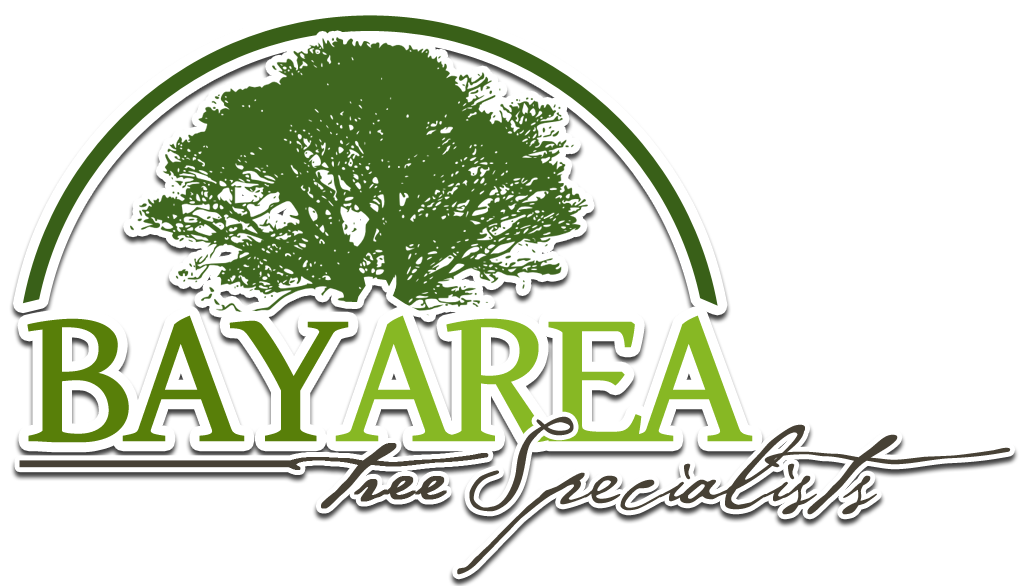One of the best ways to increase the value of your property is by planting a few different varieties of trees on it. However, it’s important to understand that newly planted and younger trees are considerably more prone to disease, insect invasions, and weather damage. Furthermore, a great deal more care and nurturing is required with younger trees than mature ones. With this in mind, you should consider hiring a tree service in San Jose to ensure your trees’ health and well-being.
Guidelines for Care
There is a lot of time and effort required when care for younger trees and keeping them healthy. Tree care practices and other preventative maintenance such as proper cutting or trimming, pruning, and watering are essential to the life of younger trees and will also ensure that the tree is healthy and strong. The following are some younger tree care guidelines provided by tree service in San Jose:
Build a soil berm to hold water – this creates a basin around the base of the tree and should be capable of holding up to 10 gallons of water. Plus, the basin will keep the water where it should be – close to the roots and trunk.
Inspect soil moisture on a regular basis – check how deep the water penetrates the soil. For younger trees, the soil should feel moist down to a depth of 5” or 6”. The key word is “moist” – not wet.
Lawn irrigation systems are inefficient – these systems are unable to provide young trees with the proper amount of water to maintain them, during the hot summer weather. In fact, they only water about 3” of soil, which is sufficient for lawns but not for trees.
Mulching will help to conserve moisture – However, DO NOT lay the mulch up against the base of the tree or any exposed roots. This will have an adverse effect and could hinder a tree’s health. Two to three inches of mulch should be sufficient.
Water trees once weekly during summer – watering younger trees individually works best. This actually saves you money because you won’t have to run your sprinklers to ensure that they have gotten the proper amount water (roughly 10 gallons per week).
Most importantly, ALWAYS protect your younger trees – lawn chemicals, mowers, and weed eaters can damage younger trees while plants and weeds will compete with them for moisture. Be careful when using chemicals and equipment, while ensuring that no plants and weeds grow near the base of the tree.
With such specifics in order, it is important to consider hiring a company that is experienced, licensed and insured. You can look online and see some local companies that work well on your job.

